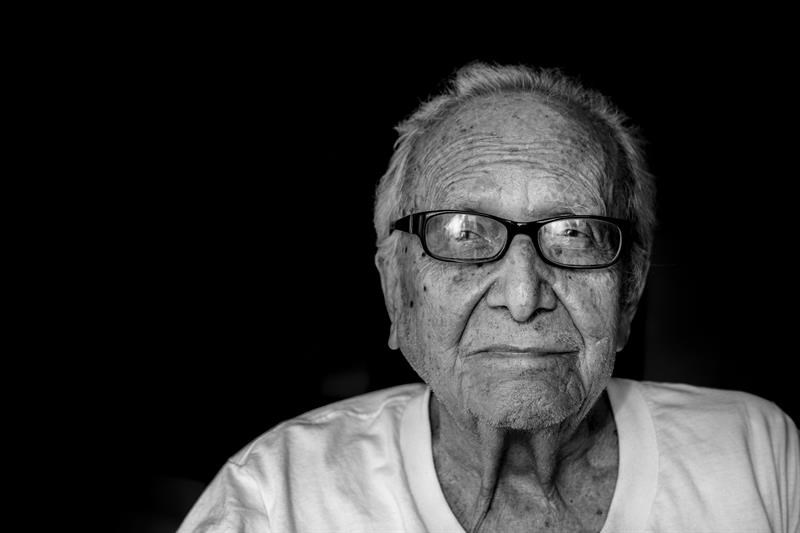£1m NHS bill for lost dentures
Published: 03/10/2017
The dentists’ union estimates that around 9,500 dentures are lost in NHS hospitals in England every year, costing the NHS in the region of £1 million. It is a lot of money – and it is preventable.
The British Dental Association (BDA) is concerned about the number of false teeth (or dentures) that are lost each year. The dentists’ union estimates that around 9,500 dentures are lost in NHS hospitals in England every year, costing the NHS in the region of £1 million. It is a lot of money – and it is preventable.
The figures were extrapolated from a study that investigated the loss of dentures in hospital trusts in Kent, Surrey and Sussex over a five-year period (2011-16) and the cost of replacing these.
Of the 11 hospital trusts in the three counties that provided data, a total of 695 dentures were lost. Seven of the trusts reported that – between them – the NHS paid out £357,672 to replace these: it works out as an average of £51,096 per trust over 5 years, which amounts to £7,299 per year.
There are 152 hospital trusts in England. The BDA believes that the overall cost could be at least £1,100,000. This does not even include mental health trusts, where denture loss may still be a significant issue.
The authors of the study point out that losing a denture in hospital can have a profound impact on a patient’s wellbeing, self-respect and dignity. They say that many people choose not to tell their family and friends that they wear dentures, but when the absence of teeth becomes obvious it can cause considerable distress and embarrassment. They give an account of a patient whose dentures went missing in hospital, who subsequently refused all visitors and couldn’t bear to see her grandchildren without teeth – as she felt her appearance would scare them.
The BDA believes emotional distress, if avoidable, should not be added to the burden that a patient carries in hospital. However, the impact of losing dentures is not confined to appearance: it can also compromise a patient’s overall recovery if they struggle to eat without their denture, which can impair their nutritional status.
The most common reason for losing dentures in hospitals is when patients hide them: they may wrap them up in tissues and leave them on meal trays or leave them hidden in bed linen. Sometimes staff are at fault: dentures have been thrown away because they have been mistaken for rubbish, lost in transit between wards, or theatre, or been expelled after vomiting. There are better ways of dealing with this problem, both in terms of health and finance.
BDA President, Peter Dyer, said: ‘It’s all too easy to underestimate the devastating impact that losing dentures can have on patients, but this study brings those issues to light.
‘We know it can make patients feel depressed about their appearance, when they are at their most vulnerable, and it hinders their ability to eat and communicate with staff and friends.
‘These difficulties are often compounded by the fact that it can take several weeks – if not months – to get these replaced, particularly if a patient remains in hospital and there is no access to dental care.
“It can be a struggle for patients to adjust to a new denture, when they may have had their old ones for years.’

‘More needs to be done to raise awareness of denture loss with both patients and staff. There is a dentally-led initiative in some hospitals, called Mouth Care Matters, and this identifies oral health champions, which has led to improvements. Some simple care and attention will save a lot of money and make life more comfortable for a huge number of patients.’
Author: Julie Bissett













